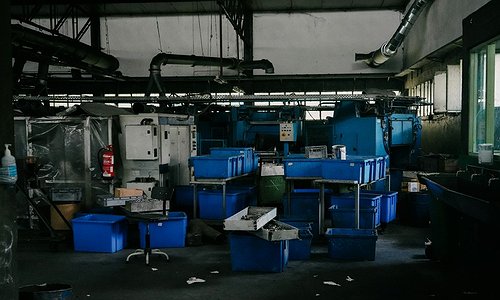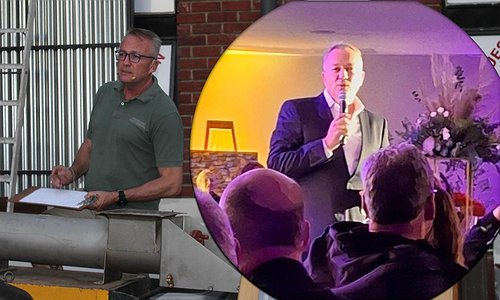Where South Africa's wealthy are placing their bets
High-net-worth individuals (HNWIs) and investors
The rise of fintech and digital banking
One of the most attractive investment destinations for South Africa’s wealthy is the fintech sector. With a largely unbanked and underbanked population across Africa, digital banking and mobile payment solutions are filling a critical gap in financial inclusion. Companies like Kenya’s M-Pesa have demonstrated the potential for mobile money, and South African investors are eager to back similar ventures. Startups in Nigeria, Ghana, and Egypt are attracting significant funding as they develop innovative lending platforms, payment solutions, and digital wallets designed for African consumers.
The appeal of fintech lies in its scalability and the speed at which it can disrupt traditional banking systems. South African investors, already familiar with digital financial services from homegrown successes like Yoco and TymeBank, are betting on the expansion of these services across the continent. With increasing smartphone penetration and internet access, the demand for digital banking is expected to surge, making it one of the most lucrative sectors for investment.
Renewable energy
Energy remains one of Africa’s biggest challenges, but it is also one of its greatest investment opportunities. South Africa’s wealthy investors are turning to renewable energy projects across the continent, particularly in solar and wind power. As governments push for cleaner energy solutions and the need for reliable power grows, investors are funding independent power producers (IPPs) and off-grid solar solutions that meet rural and underserved communities.
Countries like Kenya, Egypt, and Morocco have been at the forefront of renewable energy, attracting substantial foreign direct investment. South African capital is flowing into large-scale solar farms, battery storage projects, and decentralized energy solutions that provide electricity to businesses and homes without relying on unstable national grids. Given South Africa’s own energy crisis and the lessons learned from Eskom’s failures, investors are eager to support models that offer sustainable, scalable solutions to power shortages.
Agribusiness and the future of food production
Agriculture has always been a cornerstone of Africa’s economy, but modern agribusiness is transforming the sector into a high-growth investment opportunity. South African investors are backing ventures in commercial farming, food processing, and supply chain logistics to meet the demands of a rapidly growing population. Countries such as Zambia, Ethiopia, and Côte d'Ivoire are attracting attention for their fertile land and favourable climates for large-scale farming. Investments in technology-driven agriculture, such as precision farming, irrigation systems, and agri-tech platforms, are increasing yields and improving efficiency. South Africa’s wealthy investors see value in these innovations, especially as food security becomes a critical issue globally.
Infrastructure and real estate development
Africa’s rapid urbanization has created an insatiable demand for infrastructure and real estate development. South African capital is flowing into projects that support the continent’s growing middle class, including commercial and residential real estate, transportation networks, and smart city developments.Countries such as Ghana, Rwanda, and Nigeria are witnessing a surge in demand for modern office spaces, luxury residential developments, and mixed-use properties.
South African property developers and private equity firms are investing in high-end real estate, betting on the continued expansion of Africa’s urban centers. In addition, infrastructure projects such as toll roads, ports, and bridges are receiving funding from South African firms that recognize the long-term benefits of these essential developments.
The expanding tech ecosystem
Africa’s technology ecosystem is another major draw for South African investors. Venture capital is pouring into tech startups that focus on e-commerce, logistics, artificial intelligence, and blockchain applications. With a youthful, digitally-savvy population, Africa presents immense opportunities for tech-driven businesses. South Africa’s wealthy are increasingly backing startups in key innovation hubs such as Lagos, Nairobi, and Cape Town. These investments span everything from AI-powered healthtech solutions to blockchain-driven supply chain management systems. The potential for exponential growth in these fields has made tech startups a preferred asset class for forward-thinking investors.
Final Thoughts
As Africa’s economies evolve, South Africa’s wealthy are strategically diversifying their portfolios across the continent. These high-growth sectors offer substantial returns while also contributing to the continent’s development. With an eye on long-term gains, investors are placing their bets on Africa’s future, so they remain at the forefront of the continent’s economic transformation.




